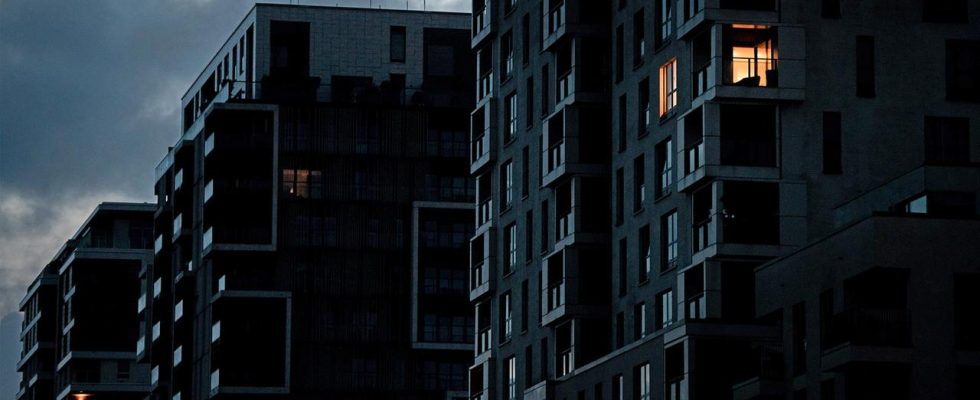The Monopolies Commission is in favor of expiring the energy price brakes at the end of 2023. An extension until the end of April 2024 could cost taxpayers an estimated 907 million euros.
The Monopolies Commission is in favor of expiring the energy price brakes at the end of this year. An energy report published today points out that direct transfers for needy households are more suitable as a social policy measure than interventions in the price system in the form of “subsidized basic needs”.
Direct transfers could be designed “accurately” and would not lead to false incentives. The Monopolies Commission is an independent body that advises the federal government on competition and regulation issues.
With the electricity and gas price brakes, the price for a large part of the consumption of private households is capped. The limit is 40 cents per kilowatt hour for electricity and twelve cents per kilowatt hour for gas. At the moment the prices for new customers are generally lower.
Energy price brake by April 2024 will cost millions
The energy price brakes expire on December 31, 2023, but an extension until a maximum of April 30, 2024 is stipulated in the law. Various representatives of the federal government, such as Economics Minister Robert Habeck (Greens) and Federal Finance Minister Christian Lindner (FDP), have campaigned for this. The EU Commission must agree to an extension. There is also debate as to whether the VAT reduction on gas – as the federal government is planning – should expire three months earlier than planned at the turn of the year.
This could cost taxpayers millions. The comparison portal Check24 puts the costs of extending the energy price brake until April 2024 at a total of 907 million euros – 428 million euros for electricity and 479 million euros for gas.
More information about Change of provider
In basic supply, the average price for a kilowatt hour of electricity is currently 45.2 cents. The state compensates for the price difference between this high electricity price and a brake (40 cents) for 80 percent of consumption. This leads to millions of dollars in subsidies.
The report from the Monopolies Commission further states that competition in the gas market should be strengthened. Households should be made aware of the possibilities of switching providers and the possible savings with the help of information campaigns. The current regulations on basic and alternative care should be critically questioned. A possible reform is a tender model for basic services.

